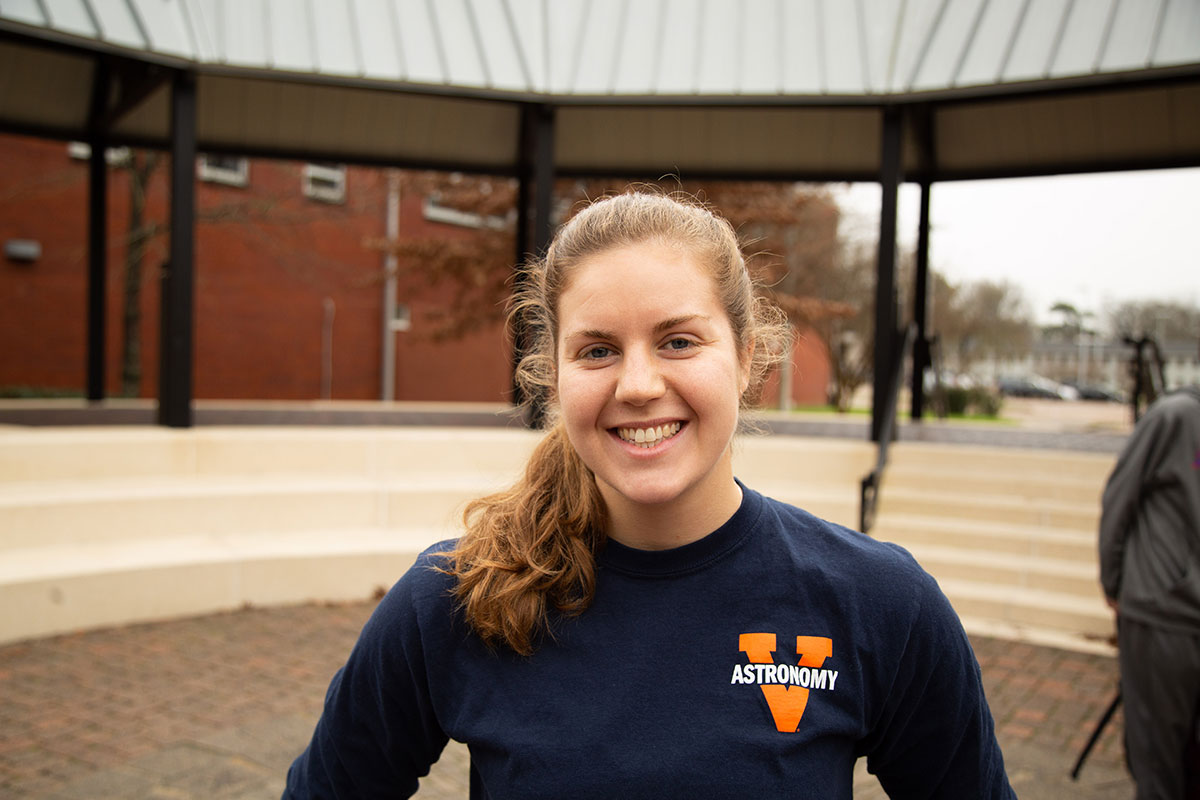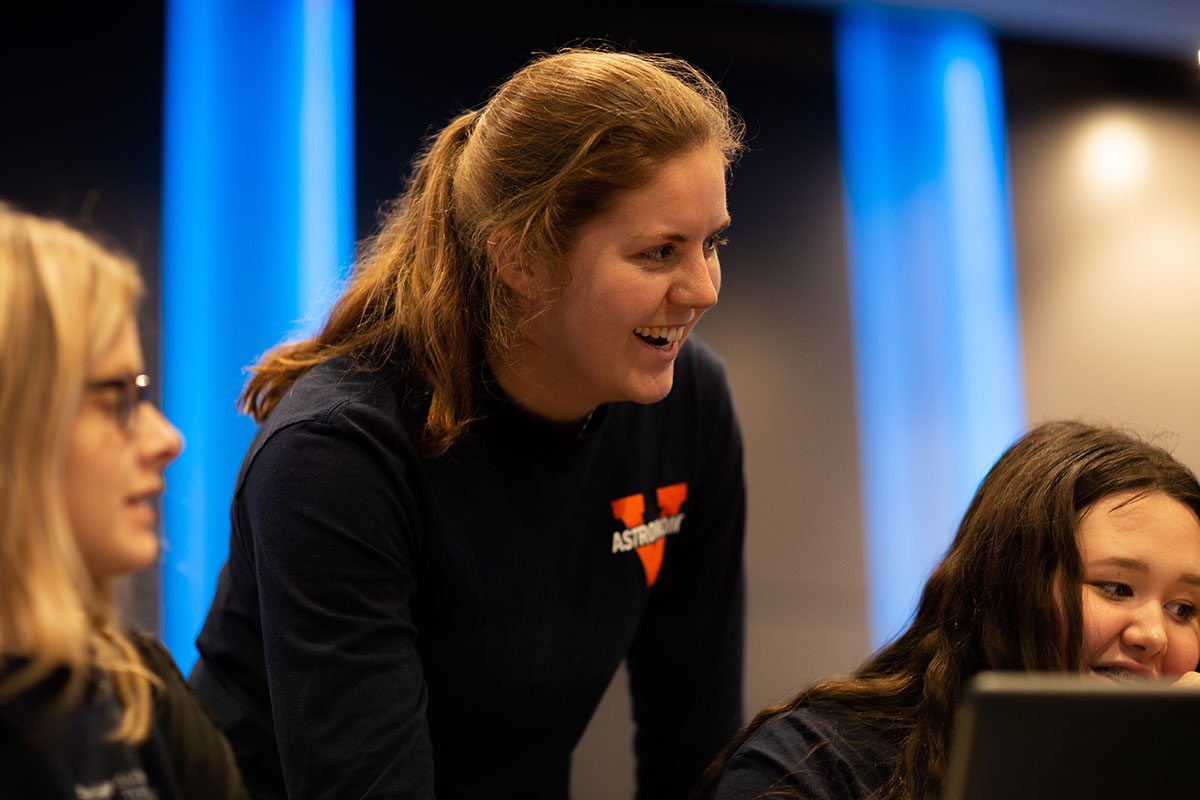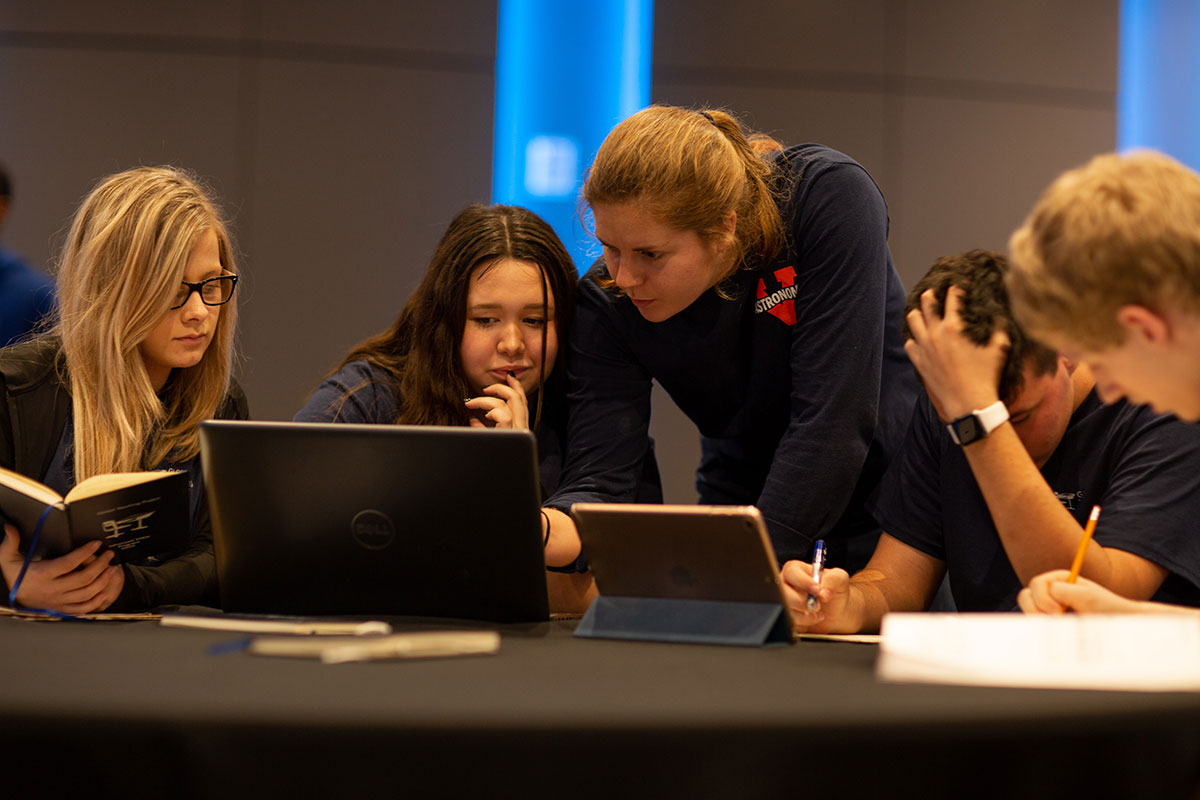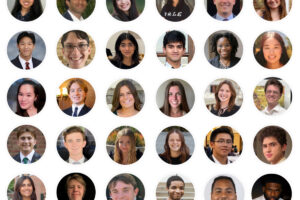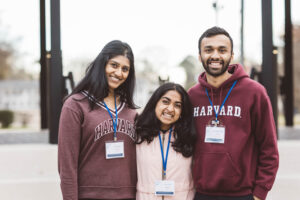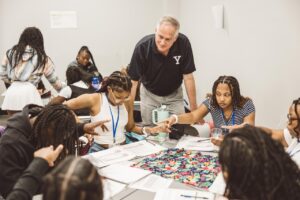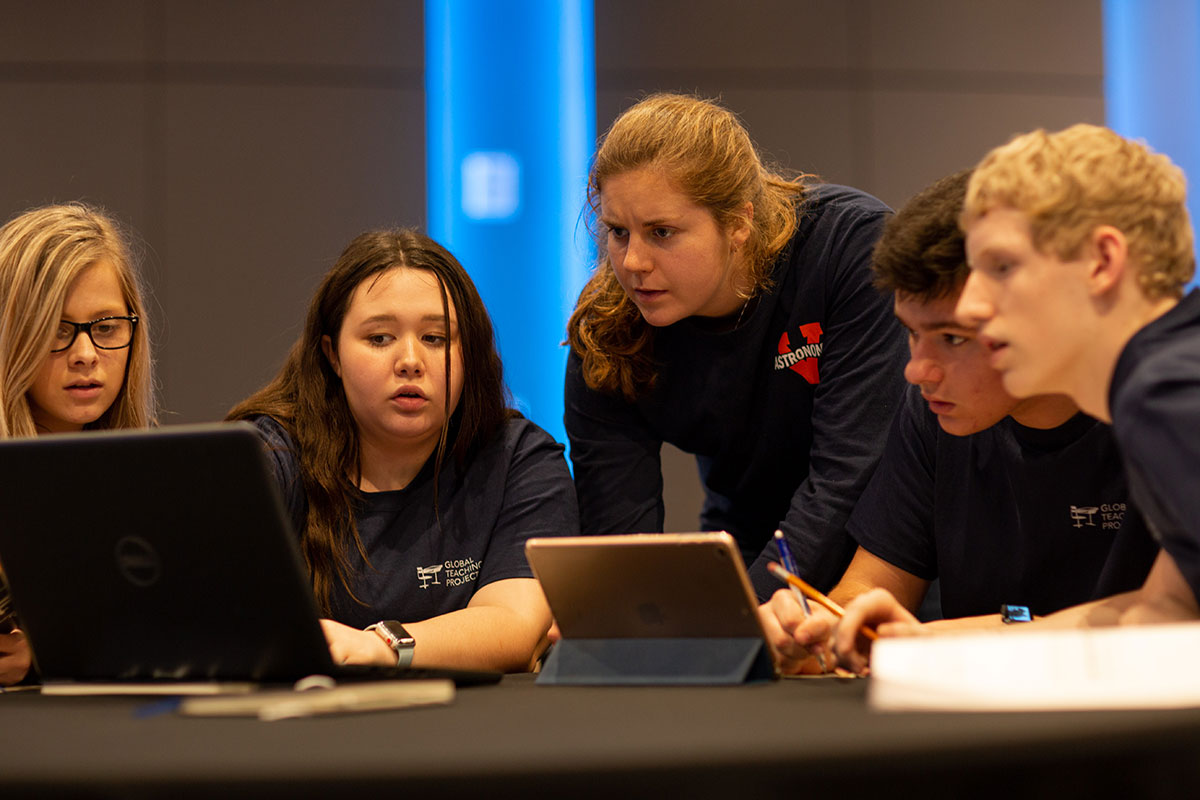
Megan Kenny, a tutor from the University of Virginia, shares her experiences from our 2020 Winter Program
My name is Megan Kenny, and I am a fourth year (senior) at the University of Virginia. My major is Astronomy-Physics, but I also love to take poetry writing classes and classes in the Department of Women, Gender, and Sexuality studies. I also do research on the Sun (specifically studying the hot gas out in the Sun’s atmosphere-called the corona- and in the expanding corona-called the solar wind). The Sun is very quiet right now, meaning there isn’t much energetic activity going on, but it’s still good to understand these ‘background conditions.’ More violent solar activity can include the ejection of huge blobs of magnetic-field-containing blobs of gas, known as coronal mass ejections (CMEs). CMEs can cause effects here on Earth, like problems with electrical grids, GPS, and issues for satellites and astronauts, and the research I want to keep working on aims to better understand and eventually predict this high-energy activity in the corona of our star.
Beyond academics, I love to be active and spend time outside. I play on my school’s club Ultimate frisbee team, which entails multiple practices each week and several tournaments throughout the school-year. I also love to talk about and teach physics and astronomy, which is why the Global Teaching Project (GTP) has been such a wonderful experience for me over the past year-and-a-half. I have worked with Ms. Kelly Matthews from North Pontotoc High School both years but, of course, with different students each year. I firmly believe that you don’t really know something unless you can teach it, and my students challenge me to deeply understand the physics concepts we cover. I have learned how different students think and how to develop multiple ways of explaining something. I have also been reminded throughout my experience tutoring that learning physics is similar to learning a foreign language in that the brain must adapt new pathways to think in new ways. I feel incredibly grateful to be a part of this wonderful program with wonderful leaders, teachers, and students.
1/18/20
Upon arriving in Jackson, I most looked forward to meeting my four students. It was wonderful to see their faces and give them a hug after working together for the past four months. We shared lunch together in the Millsaps dining hall before getting into our first instructional sessions. Having been to last year’s MLK Weekend Winter Program, I felt a sense of familiarity, comfort, and clarity upon returning to Millsaps and starting instructional sessions. On the first day, I felt a certain tentativeness from the students that dissipated by Saturday as they became more comfortable with the setting, with each other, and with the instructors. More questions and more courage to make mistakes were a couple markers of this increasing comfortability. Saturday’s afternoon activities also provided new opportunities for us all to get to know each other better and understand the ways with which our program fits into historical contexts and actively writes new narratives. A GTP alumnus from Marks, Mississippi, now a current student at Jackson State University, led us around his campus on a tour. We later visited the Museums of Mississippi History and Civil Rights where we spent a couple hours before also having a dinner program there during which time we heard from two great speakers. It was incredibly moving to walk through the museum and learn about the state’s history pertaining to civil rights and to then think about the very real remnants of slavery and Jim Crow in the current education system.
1/19/20
Today has been a lot of physics! We have completed four sessions of instruction, including working through AP free response and multiple-choice questions, the fundamentals of momentum and impulse, and a really fun lab. I think (or at least I hope) that it was helpful for my students to see that I didn’t know all the answers right away or how to immediately approach a problem upon looking at it. One of the most challenging things about learning physics is getting acclimated to and comfortable with not knowing how to do a problem at the beginning but chipping away at it and drawing upon your knowledge and skills in order to get to a point where you can solve it! Taking physics classes for the past several years has conditioned me to be more comfortable with this process, and I tried explaining and showing my students that it was more than okay to struggle for some time. Further, I hope they see that I am not special or different from them: I happen to like physics, and I have chosen to study it, and they can too if they choose to.
1/20/20
I’m getting ready to leave Mississippi, and I feel so grateful that I got to come again this year to the MLK Weekend Winter Program. Nothing compares to face-to-face interaction for building trust and rapport between tutors and students. I think that the goofiness and fun we had this weekend will very much carry over into future videoconference sessions with my students. I also think that I have a better sense of their abilities and potential, and thus I can push them harder to measure up to that potential. Despite the many challenges these students face, they prosper and shine. They have truly inspired me in all that they have and will continue to achieve.
